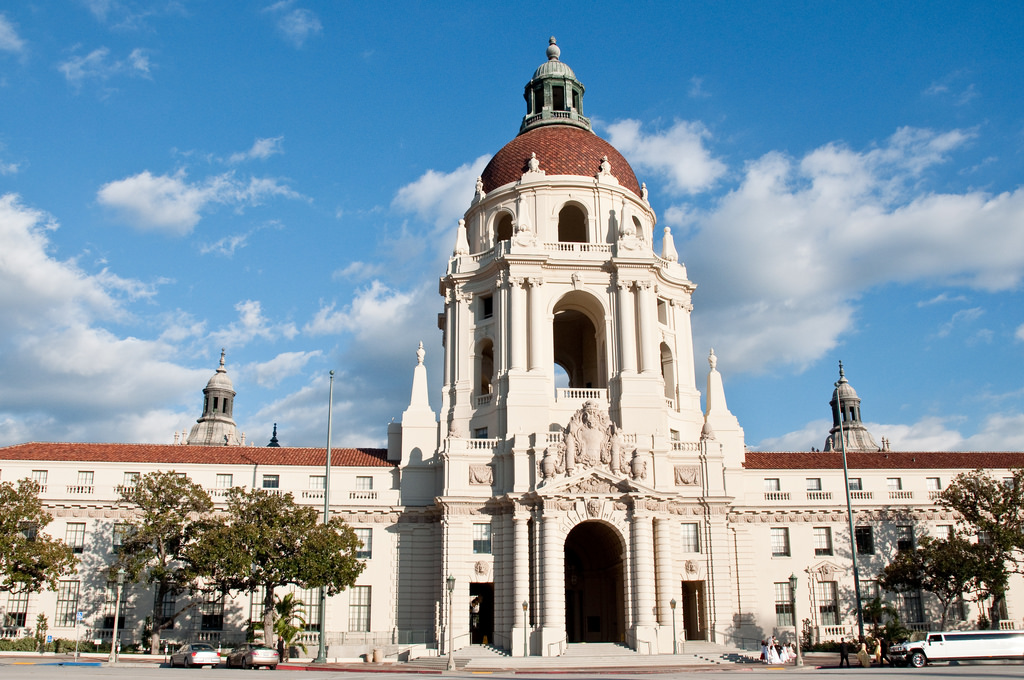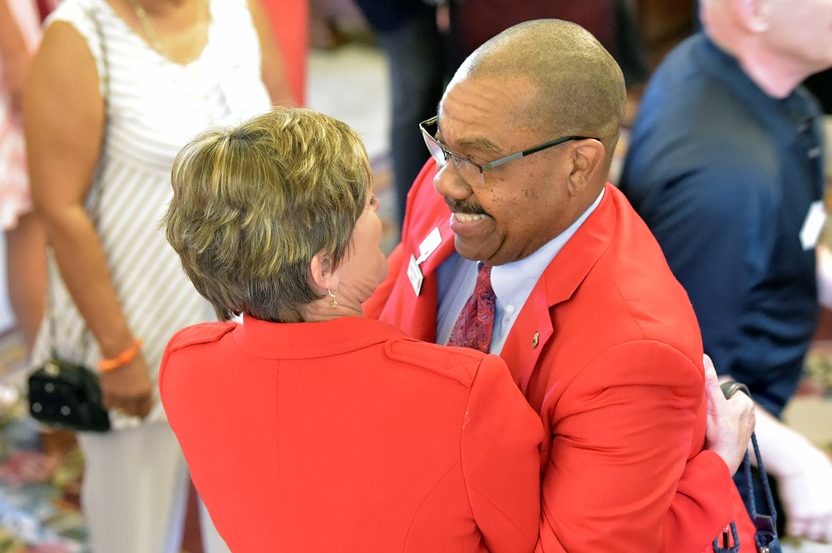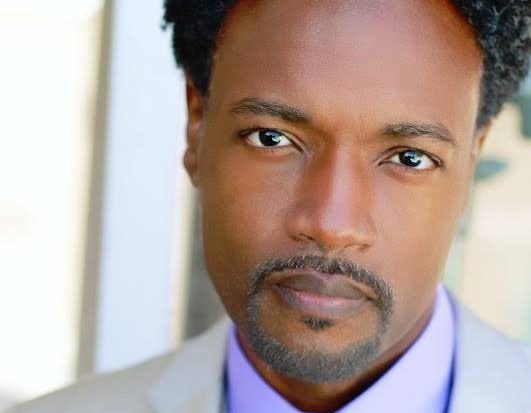
Sales tax measure on November ballot would raise taxes by ¾ cent
By Staff
In a recent poll of its members, the Pasadena Chamber of Commerce asked if members support the local sales tax increase placed on the November ballot by the Pasadena City Council. A resounding 77.91 percent of respondents oppose the sales tax increase. A little over 22.09 percent supported the ¾ cent increase in the local sales tax.
The poll, conducted through Survey Monkey, was sent to all Pasadena Chamber member companies. The language of the ballot measure was quoted in the poll and respondents were asked simply if they support or oppose the measure.
“We put the ballot language in front of our members and asked simply if they support the increase,” said Pasadena Chamber CEO Paul Little. “We had one of the highest responses we have ever had to a poll and resoundingly, our members do not support it and are looking to the Pasadena Chamber to take a leadership role in opposing the initiative.”
Respondents were also given an opportunity to provide comments. Commenters opposed to the measure fell into three general categories:
- Those who feel the city should be more responsible in its spending and budgeting. Essentially, responders feel the city needs to live within its means and curtail spending on unpopular programs and not waste money on projects, initiatives, and programs the citizens and businesses do not support.
- The city has not been open and transparent about its spending and budgeting.
- Pasadena business will be less competitive than those in neighboring communities.
As one respondent said, “City Leadership [needs] to be more responsible with spending. They should treat spending like it’s their own money and maybe they would make better decisions; the cost of doing business is already too high in Pasadena!”
Another commented, “I’d like to see some justification of why money cannot be diverted from existing programs (or what would need to be cut if they did) rather than raising additional tax revenue.”
A third said, “The city and PUSD need to look closely at their respective budgets. I’m sure there is plenty of waste and duplication. The city doesn’t have a revenue problem. They have a spending problem.”
And another commented, “Having one of the highest tax rates in Southern California makes it easier to do business in other cities. If I’m making a big purchase I’ll do it elsewhere.”
Those who supported the measure generally fell into two categories:
- Those who felt the city should act before another sales tax increase is enacted by the state or county.
- Those who felt the city has made meaningful efforts to cut its budget.
As one said, “Better for the city to act and the proceeds stay in our community and our schools, rather than waiting for county to do this by fiat and we only keep a small portion of the proceeds.”
Another commented, “It appears that the city has been trying to make the cuts and but I’m afraid that if this sales tax doesn’t pass that the cuts will be deeper and we will see a reduction in services.”
Pasadena Chamber members also oppose passage of the advisory measure to provide ¼ cent of the increase to the Pasadena Unified School District (36.2 percent supported the allocation and 62.8 percent opposed it).
At its recent meeting, the Board of Directors of the Pasadena Chamber voted to oppose the sales tax measure. The Board took no position on the split with the PUSD thinking that opposing the sales tax measure sends a strong message to the community. The Board heard presentations from Mayor Terry Tornek, PUSD Superintendent Brian McDonald, and PUSD Interim Chief Business Officer Eva Leuck. The Chamber’s Legislative and Governmental Affairs committee recommended opposition following presentations by the Mayor, City Manager Steve Mermell, Mr. McDonald and Ms. Leuck.
“The Chamber Board represents a constituency that clearly and strongly opposes this measure,” said Mr. Little. “And, when you see that just this week the city staff ‘found’ nearly $500,000 to maintain funding for two positions the City Council determined were important to fund. And they did this without making cuts elsewhere in the budget, which seems to support the idea that any real effort to make meaningful cuts and realign city government has yet to be undertaken. I think, at some point, our members would like to see a real effort to economize and the development of a long-term strategic organizational plan going forward.”






